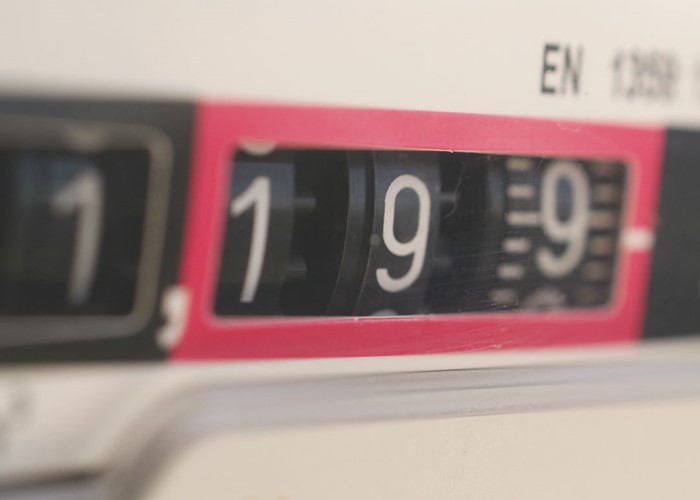Gas and electricity price 'reductions' are phoney!

With all the major gas and electricity suppliers announcing lower prices, we look into whether it will really save us money.
You'll have read over the past few weeks that gas and electricity prices are being nudged down a few pounds, but they're still up hundreds of pounds on just over a year ago, during which time the cost of home energy rocketed twice.
This time, it appears that British Gas took its five biggest competitors by surprise when it reduced electricity prices by 5% on 12 January.
Although the other five big companies have all since made announcements of cuts between 5% to 6% on either electricity or gas that are to take effect in February or March, they have not revealed the new prices yet. Mark Vickery from energyhelpline said that this is “very unusual”. It suggests they have no plans for how they're going to make the changes, but they all wanted to throw out similar-sounding reductions to the UK's largest energy supplier to avoid being hammered by the press.
Vickery said that he had been “expecting 5% to 10%, and they have given us the bare minimum”. In fact, even less than that, since the reductions are 5% on just one fuel, which could be just 2% of a total dual-fuel bill.
Furthermore, there are hints that some suppliers will reduce just the unit rates and not the standing charge, which shaves a few more pounds off the reductions. Most tariffs have a standing charge, which is a flat charge you pay regardless of energy used, and then they bill you for the units of energy you use on top – the unit rate.
The cheapest tariffs won't change
This time around the decreases are so small that no one in the press is bothering to advise you to wait before switching. This is good news, because that standard guidance – wait until all the big suppliers' new prices come in before comparing and switching – is flawed. Waiting doesn't save you money, it costs you money.
As I've demonstrated on many occasions over the years, when the suppliers announce increases or decreases, they don't change all of their tariffs. Indeed, since 2008 when I started tracking prices, I have noticed that the cheapest tariffs don't get cheaper when price reductions are announced, and they don't get more expensive when price increases are announced.
This disconnection shows that suppliers are playing a game with customers and the media, and they have done a good job of pulling the wool over their eyes. Customers, encouraged by media commentators and journalists, stick with their more expensive tariffs while they wait for all suppliers to change their prices, but during all price-change periods for the past five years, they would have saved money by just getting on with switching to a cheaper tariff.
Prices today
In my tests of a few different regions, British Gas is nowhere near the top of the table at present, despite being the only one to have had its new prices entered into comparison tools.
first:utility has come top the most in my tests, with prices around £1,040 for average users of its iSave Dual Fuel 9 tariff. EDF appears to have the cheapest fix at an estimated £1,070, with the tariff not changing until March next year.
Bear in mind the new prices haven't been entered into comparison tools yet, except for British Gas. However, the reductions – or more accurately the PR exercises – aren't likely to make the cheapest tariffs any cheaper. Instead they will effect the more expensive tariffs that no one should be sticking to anyway.
Vickery tells me that 45% of us have either never switched or haven't switched in the past 18 months. If you stick with a tariff, it quickly gets shunted up until it costs a lot more than the cheapest. The cheapest tariffs are one or two hundred pounds cheaper, but you have to switch every year or so to keep the savings.
What happens if I'm wrong?
If the suppliers do reduce the price of their cheapest tariffs at the same time as their expensive ones, it will still probably cost you money to wait and compare tariffs if you haven't switched in over a year. This is because you will sit for longer on your more expensive tariff during some of the coldest and darkest months of the year – when you use a lot more energy.
More: compare gas and electricity through lovemoney.com | The sly energy tariff trap
Comments
Be the first to comment
Do you want to comment on this article? You need to be signed in for this feature